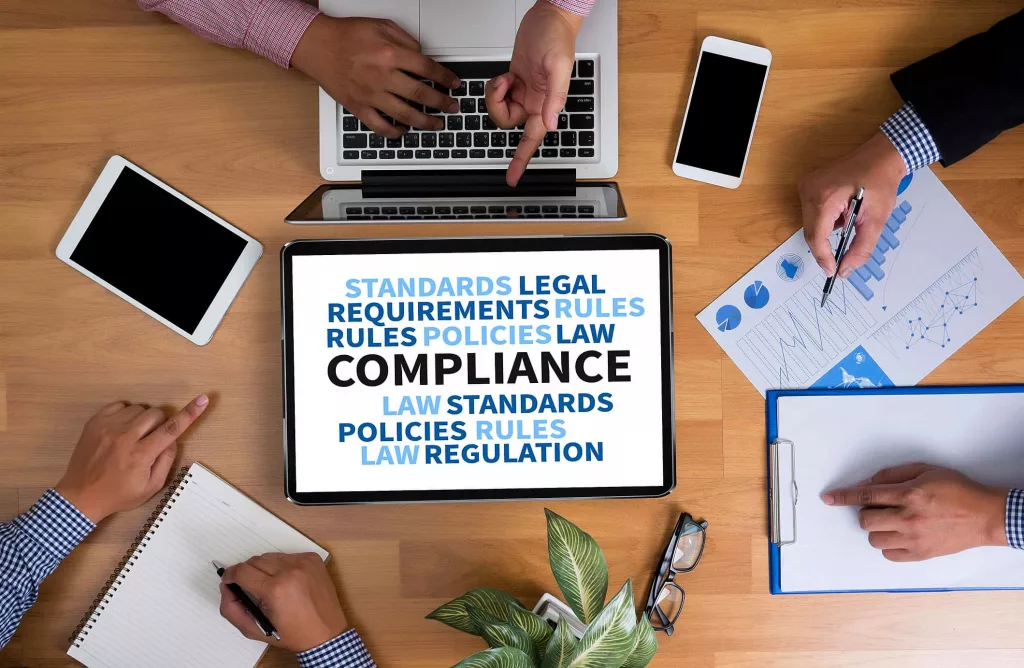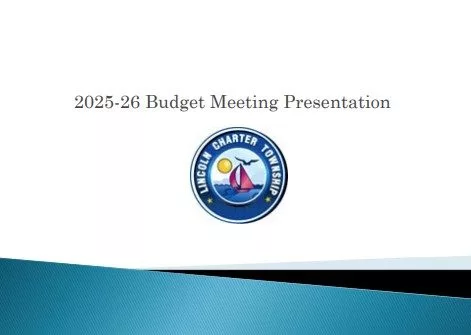End the avalanche! That’s the request from one of the state’s leading small business organizations, the National Federation of Independent Business (NFIB), who contend that Michigan small-business owners are overwhelmed with regulations, even as the pipeline of new regulation grows more onerous every day. The NFIB says those same small-business owners support action by the state Legislature to “end the avalanche.” The organization made the announcement this week after looking at the results of a survey of its small-business members.
Charlie Owens is State Director of the NFIB in Michigan. He tells us, “The current regulatory burden has stifled expansion, profit, and job-creation and there are more regulations coming out of government than ever before.” Owens says, “In addition to the sheer volume of rules, often the rules are manipulated in the agency’s rule process so that they do not reflect the original intent of the law or the Legislature that passed them.”
Owens says his organization’s small-business members are supporting legislation at the state level that would:
- Require state agencies to obtain final approval from the state Legislature before any new rules they promulgate can be implemented.
- Declare a moratorium on new state regulations unless there is an emergency need to protect the public from an immediate and significant danger.
- Preempt local governments from setting up their own regulatory program that duplicates or exceeds the requirements of an already existing state or federal regulation.
Owens reports that, “Government regulations occur at the federal, state, and local level and have become overwhelming for small businesses that do not have the resources to keep up.” He suggests, “While we may agree that some regulation is desirable to protect the public and promote a level playing field for business competition, the regulatory burden at all levels of government is out of control.”
Owens says that progress has already been made with legislation passed last session that halted local governments from micro-managing wage, hour, and benefit laws. A new law was also passed that will provide more opportunity for the Legislature’s Joint Committee on Administrative Rules (JCAR) to suggest changes to a proposed rule and require a state agency to respond to those suggested revisions.
Owens say, “This session we will also be working to pass legislation that would require state agencies to pay the court costs of a prevailing party when that state agency loses a lawsuit involving a regulatory or permit issue.”
Owens adds that NFIB is working closely with the Trump administration to address the burden of regulations at the federal level, as well.
For more information about NFIB, you can visit www.nfib.com.






